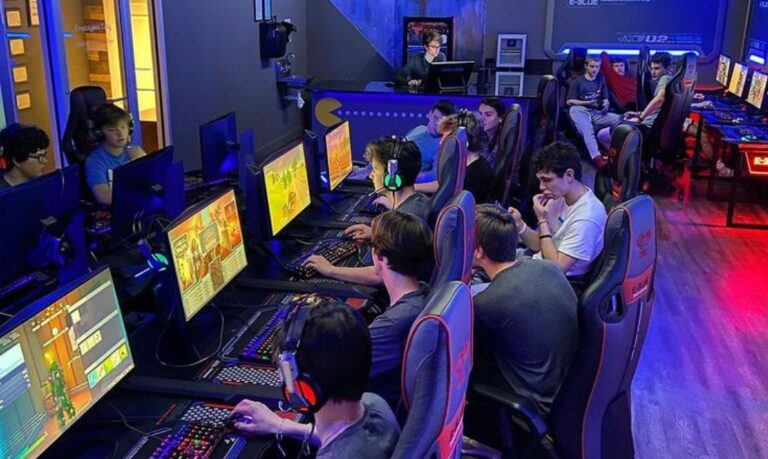The Karnataka High Court, on September 8, 2025, issued notice to the Union government on a second petition challenging the constitutionality of the newly enacted Promotion and Regulation of Online Gaming Act, 2025. The Act, which bans all real-money online games without distinguishing between games of skill and chance, has drawn sharp opposition from gaming companies and industry bodies. Petitioners argue that the law is arbitrary, violates the right to trade and profession under Article 19(1)(g), and intrudes into the domain of states on gambling regulation. While the High Court has begun hearing the matter, the Supreme Court has simultaneously transferred all similar challenges pending before various High Courts to itself, setting the stage for a uniform adjudication on the validity of the law.
Case Overview: Karnataka HC Issues Notice on Second Petition
- Date of Latest Development: On September 8, 2025, the Karnataka High Court issued notice to the Centre in a fresh petition challenging the newly enacted Promotion and Regulation of Online Gaming Act, 2025.
- This marks the second petition filed in the Karnataka High Court contesting the Act. The court’s decision to issue notice indicates that it will now formally seek the Central government’s response.
Context & Legislative Background
- About the Act: The Promotion and Regulation of Online Gaming Act, 2025 was introduced in Parliament on August 20, passed both Houses by voice vote rapidly, and received presidential assent on August 22, 2025.
- Key Provisions:
- Bans all real-money online games, without differentiating between games of chance and games of skill.
- Establishes a National Online Gaming Commission (NOGC) for licensing, classification, enforcement, and consumer-facing safeguards.
- Aims to promote e-sports and casual gaming, while protecting vulnerable groups from harmful aspects of real-money gaming.
Previous Petition: Head Digital Works v Union of India
- Filed by Head Digital Works Pvt Ltd (parent company of A23), the petition argued the Act:
- Violates Article 19(1)(g) (right to conduct business),
- Ignores constitutional distinction between skill and chance-based games,
- Intrudes on State legislative power over gambling regulation,
- Is arbitrary and disproportionate.
- Hearing Timeline:
- On August 30, the Court declined to stay the law’s operation but asked the Centre to submit its pleadings by the next hearing date.
- On September 8, the hearing was deferred again due to the Centre’s plea in the Supreme Court to consolidate multiple related petitions. The next hearing was set for September 11.
Consolidation of Petitions: Supreme Court’s Involvement
- Supreme Court Transfer: On September 8, 2025, the Supreme Court allowed the Centre’s petition to transfer all cases challenging the Act—from the Karnataka, Delhi, and Madhya Pradesh High Courts—to itself, citing the need for uniform adjudication.
- A bench comprising Justices JB Pardiwala and KV Vishwanathan ordered all High Courts to digitally transfer records to the Supreme Court within one week.
- It was clarified that no High Court should entertain new petitions challenging the Act—future challenges must go directly to the Supreme Court.
Summary: Case Status at a Glance
| Item | Details |
|---|---|
| Act in Question | Promotion and Regulation of Online Gaming Act, 2025 (passed Aug 20–22) |
| First Petition | Head Digital Works vs Union of India in Karnataka HC |
| Arguments Against Act | Overreach, violation of fundamental rights, ignoring games of skill |
| Karnataka HC’s Action | Issued notice on second petition, hearing deferred to Sept 11 |
| Supreme Court’s Role | Consolidated all petitions; will now decide validity of the Act |
Conclusion
- The Karnataka High Court’s issuance of notice on a second petition marks an escalating legal challenge to the Act.
- However, with the Supreme Court now taking over all related matters to ensure consistency and avoid conflicting judgments, the high court proceedings—including those next scheduled for September 11—are likely to be put on hold.
-
Next steps: Watch for the Supreme Court’s scheduling and decisions on consolidated hearings, which will determine the constitutional fate of the Online Gaming Act, 2025.
